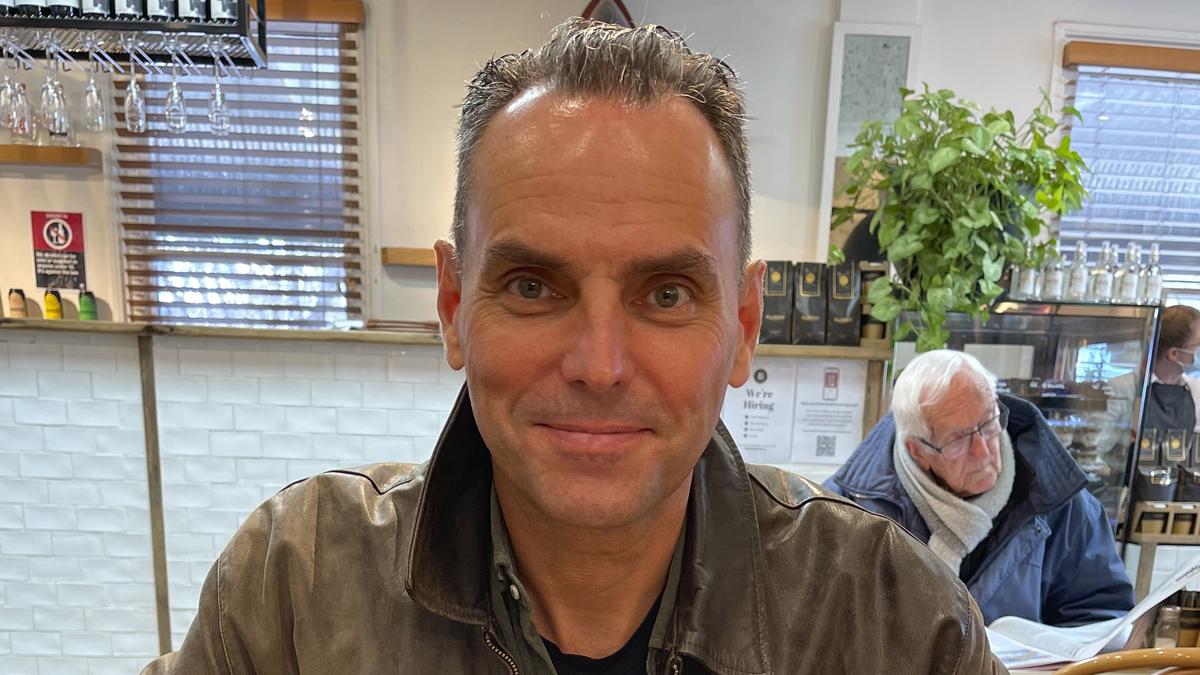Listen to Australian and world news, and follow trending topics with S
At its annual meeting in Washington, the chief economist at International Monetary Fund, Pierre-Oliver Gourinchas, delivers a message that people have been desperate to hear.
“We start with the good news, the battle against inflation is almost won.”
But what comes next could be the message that most Australians wouldn’t want to hear.
While the IMF forecast inflation in most countries will lower, Australia’s is predicted stay high.
It even predicts Australia’s consumer price index will go up from 2.8 per cent to 3.6 per cent by the end of next year…making it the country with the second highest inflation by the end of next year, among another 41 countries.
The country expected to face the highest inflation rate will be Slovakia from Central Europe, estimated to reach 4.8 per cent by 2025.
And compared to Australia, other advanced economies such as the UK, the United States and Canada will see much lower inflation, at two per cent or less.
Stephen Smith is the partner of Deloitte Access Economics. He says there are reasons why Australia is lagging behind in terms of slowing down inflation rise.
“The first is that Australia was hit later than other countries with the inflation surge, so it makes sense that it’s taking Australia a little bit longer to them getting inflation back under control. But the second factor is that the government in this current financial year has spent quite a lot of money on energy rebate, that’s put in some artificial downward pressure on inflation, and we will expect when those rebates come off again next year that inflation will go spike up a little bit.”
The Australian Bureau of Statistics will deliver latest quarterly data next week, but Australia’s central bank already signals a slow arrival of rate cuts, according to its deputy governor Andrew Hauser on Monday.
Mr Hauser also expressed surprise about the latest job market data, as he’s not expecting it to be so strong.
Last month, Australia recorded a steady unemployment rate at 4.1 per cent, showing the labour market remains tight.
These numbers together spark further concerns about Australia economic growth, which is already at the slowest pace since the 1990s.
Stephen Smith from Deloitte says Australia’s economy will be sluggish in the next few years.
“A couple of key things influencing Australia’s economy at the moment. First of all, the global backdrop has deteriorated in the last couple of months, particularly the outlook for China, which is experiencing some significant structural challenges. The other big change in our forecast is the downgrade in the housing market. We now see fewer than one million dwelling commencement in Australia over the next five years, that’s compared to the government’s 1.2 million home’s target. Both of those things mean that we’ve downgraded expectation for economic growth in Australia throughout this calendar year and next.”
Smith is also concerned about Australia’s productivity.
He points out that currently Australia’s economy is not dynamic enough to keep the growth going.
“We’ve also got at the moment an economy which is increasingly driven by public sector as opposed to private sector activity. Now, those jobs are important in the care sector, for example, in health and education, but they are in general less productive than jobs in the private sector.”
The IMF’s economic forecast on Australia has sparked strong reactions from Canberra.
The Opposition leader Peter Dutton says the news from IMF would horrify many Australians.
“If the government put in place the measures in the last three budgets, to bring down the pressure on inflation, instead of upward pressure, Australian families would already pay less for their mortgage. I think the IMF was really running an alarm bell here to signify the Albanese government has not a clue what they are doing when it comes to economic management, and that’s why inflation is higher here than in any other comparable country, and we are seeing a situation where Australians are paying the price for bad economic decisions by the Albanese government.”
The Housing Minister Clare O’Neil defends her government’s policies, but also acknowledges that Australians are doing it tough with the cost of living crisis.
“People at home are really struggling with making end’s meet, and just making a dollar up at the end of the week, at the end of the month, and the government is thriving a life to that, that’s why you see our government is doing some big move on cost of living, on the tax cuts that went to every single Australian taxpayer. 300 dollars in energy bill relief, the work we are doing around, cheaper childcare, around cheaper medicine, all these things are helping, but I just wouldn’t deny we really realise that things are really difficult right now, and the government is doing everything it can to manage that big macro picture, but also make sure at home we are doing everything we can to help you and your family.”
With the federal election only a few months away, the cost of living crisis is expected to be a major issue for both major parties.






